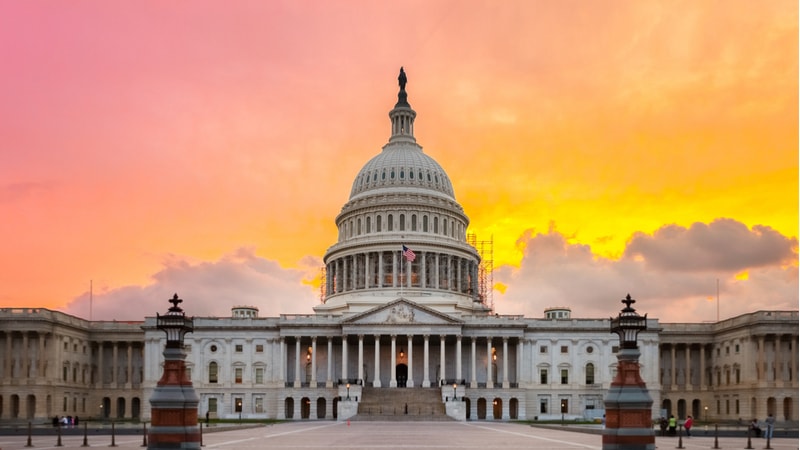
The Senate Budget Committee’s agreement reached late July 13 on a $3.5 trillion “soft” infrastructure funding package will help pave the way for Congress to consider the $1.2 trillion bipartisan compromise infrastructure agreement reached last month between the White House and a group of ten senators from both parties.
The smaller of the two packages – which still has to be translated into legislative language – holds the most interest for the Federal IT and infrastructure arena. Broad strokes of the agreement announced last month include $73 billion for improved power infrastructure, $65 billion for expanded broadband services, and $47 billion to improve the resiliency of infrastructure to climate and cyber threats.
The $3.5 trillion package agreed to by the Senate Budget Committee deals with a host of other issues important to the Biden administration – sometimes referred to as “human infrastructure” topics – but not necessarily implicating much in the way of hardcore tech issues. Those run the gamut from child tax credits, to climate change, clean energy, education, health care, and economic equality.
If the relationship between the two seems confusing, it mostly has to do with how Congress wants to consider the two packages – through regular legislative process requiring a 60-vote approval in the Senate, or through the budget reconciliation process that requires only 51 votes in the Senate.
President Biden pledged last month to support consideration of the two packages on different tracks – with the smaller $1.2 trillion compromise infrastructure agreement considered through the regular process, and the remainder through the reconciliation process.
On the House side, Democratic leadership had previously drawn a line in the sand, saying they would not consider a bipartisan infrastructure bill until a Senate budget resolution was adopted on the remaining infrastructure items. The agreement announced on July 13 by the Senate Budget Committee appears to satisfy that requirement.

“The Budget Committee has come to an agreement,” Senate Majority Leader Chuck Schumer said July 13. “Every major program that President Biden has asked us for is funded in a robust way. And we are making some additions to that,” he said.
The eventual votes of Sen. Joe Manchin, D-W.V., may end up being a wildcard in the process down the road, as Manchin has said he wants both legislations completely paid for. Sen. Mark Warner, D-Va., said the larger “soft” infrastructure bill will come fully paid for, while the bipartisan group will need to find ways to fully fund its bill as well.
To make things just a little more complicated, the $3.5 trillion “soft” infrastructure package, and the $1.2 trillion compromise infrastructure package, are also separate from the INVEST in America Act passed by the House recently, with $715 billion tabbed for surface transportation and water infrastructure.
“In our view, this is how the legislative process works,” White House Press Secretary Jen Psaki told reporters July 12. “Our policy-making muscles have atrophied over the last few years. This is exactly what it looks like; it’s messy at times. And we fully expect that these negotiations will have ups and downs. We’re prepared for that. We’re going to be closely engaged.”
